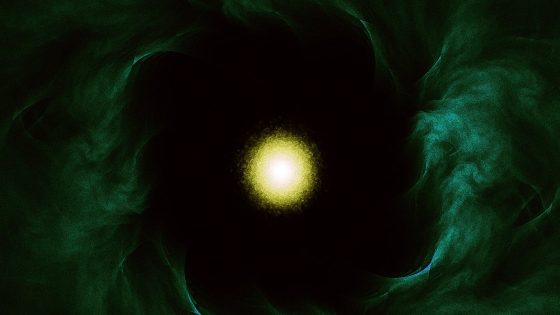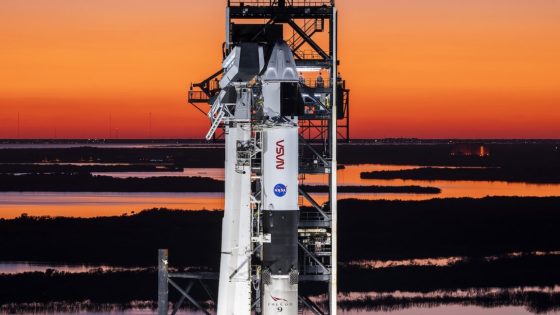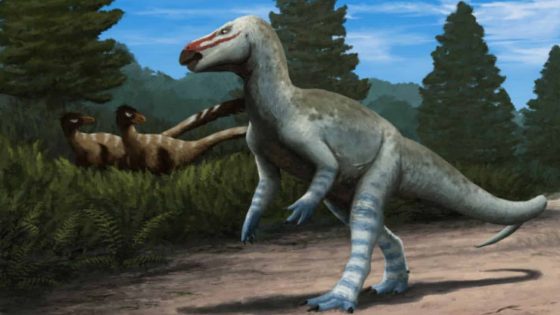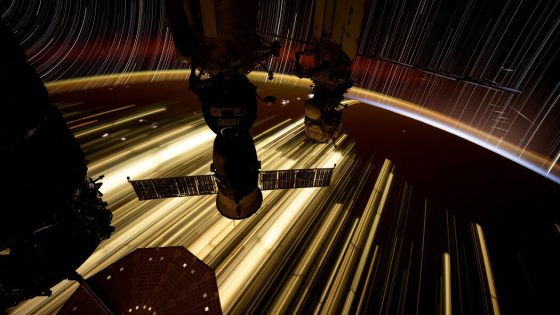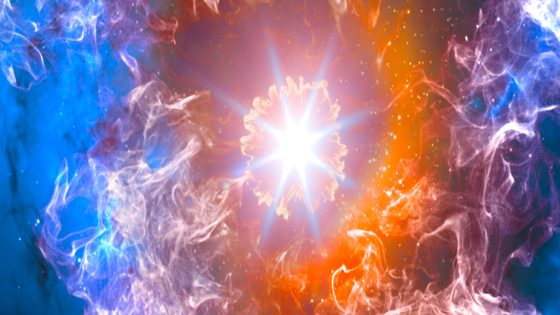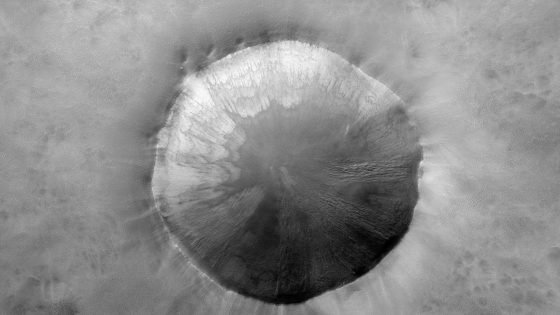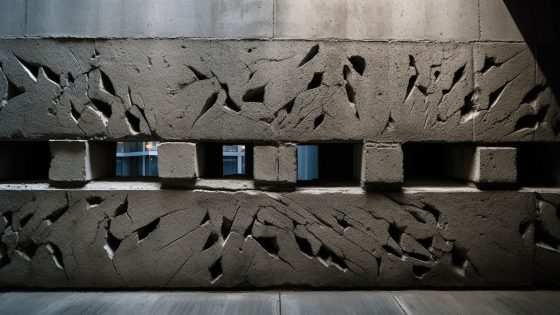The standard model of cosmology provides a robust framework for understanding the universe’s origins and structure. However, emerging theories like black hole cosmology challenge this narrative, suggesting that the Big Bang may have occurred within a black hole in a larger universe. This radical perspective invites US to reconsider our place in the cosmos.
- Black hole cosmology challenges the Big Bang theory.
- Universe may exist inside a black hole.
- Gaztanaga critiques current understanding of singularities.
- Dark energy's existence is questioned by scientists.
- Gravitational collapse could lead to a "bounce."
- Future missions may test new cosmological models.
On June 7, 2025, a new study led by Enrique Gaztanaga, a professor at the University of Portsmouth, proposed a fresh model that reinterprets the Big Bang as a gravitational bounce rather than a singular beginning. Gaztanaga’s research raises intriguing questions about our understanding of singularities and the nature of cosmic expansion.
This bold hypothesis not only redefines the Big Bang but also addresses key issues in cosmology. Could the universe’s expansion be driven by the physics of a bounce rather than dark energy? Gaztanaga’s findings suggest that:
- The universe may not have started from a singularity.
- Gravitational collapse could lead to a bounce, creating a universe similar to ours.
- Current models of dark energy might need reevaluation.
As we explore these groundbreaking ideas, future missions like the European Space Agency’s ARRAKIHS may provide crucial data to validate or challenge these theories, paving the way for a deeper understanding of our universe.



